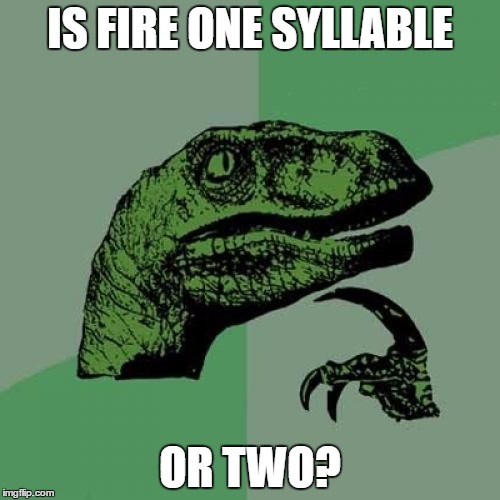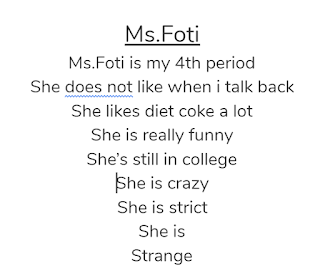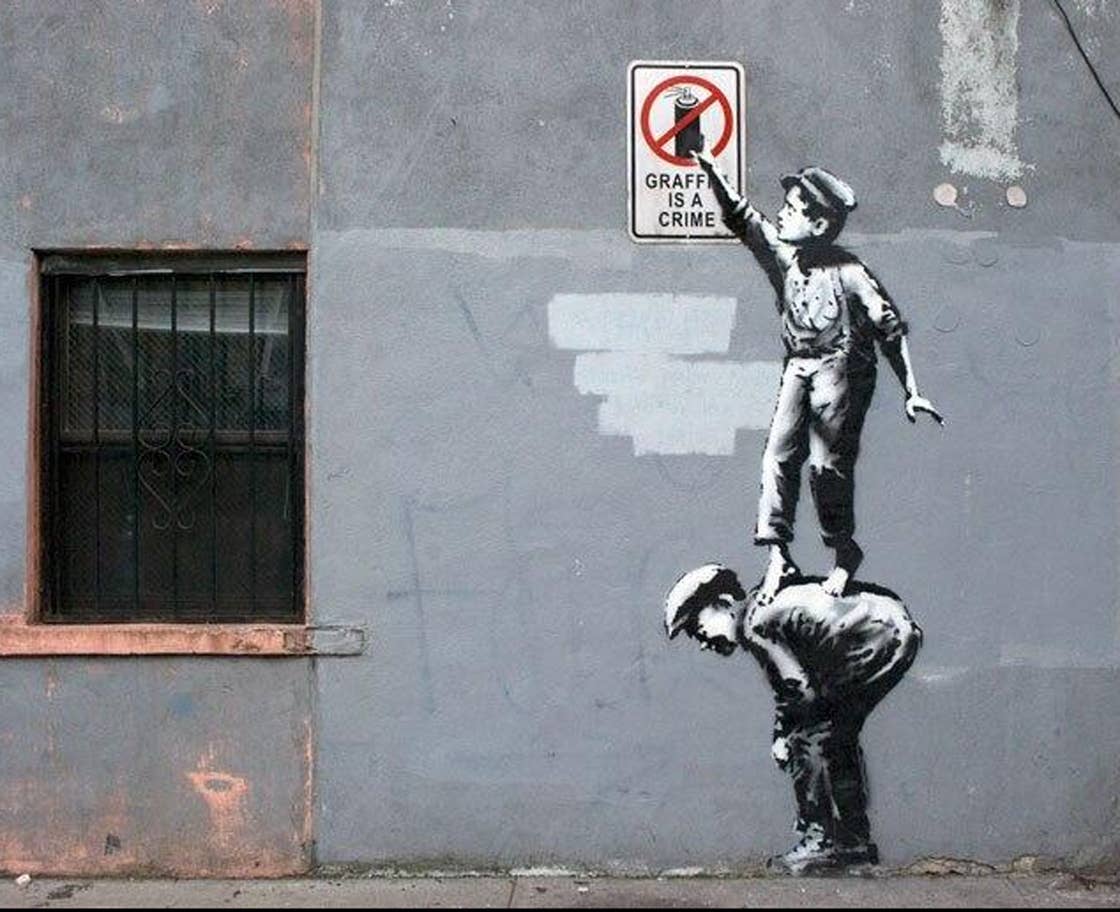The Birdville Independent School District in North Texas is putting on a professional development event called 12 Days of Innovation Summit (disclaimer: I work in this district). Each day, a video of a guest speaker is made available, and those participating are encouraged to share their learning.
The event began today with a conversation with George Couros, author of The Innovator's Mindset. Although I had many takeaways (my Twitter posts are proof), my big a-ha moment was this: we often do not give kids enough time to figure things out on their own. How often do we give a lecture or an explanation or a modeling, only to have our students turn around and ask us exactly what we just said? And how many of us give in and end up explaining ourselves again? And again. And again.
 As I listened to the discussion during my drive to work, I made a last minute decision to change my well thought out lesson plans and make it a "Hashtag Figureitout Day." The second I got to my classroom, I typed up my daily instructions with a little help from my friend Liam Neeson. The first students who entered my classroom for the day immediately took notice of the meme. One even muttered an uh-oh.
As I listened to the discussion during my drive to work, I made a last minute decision to change my well thought out lesson plans and make it a "Hashtag Figureitout Day." The second I got to my classroom, I typed up my daily instructions with a little help from my friend Liam Neeson. The first students who entered my classroom for the day immediately took notice of the meme. One even muttered an uh-oh.Each of my morning classes sat talking for the first few minutes of their class periods, not noticing that I had not spoken. Slowly, I noticed my kids turning their attention to my post. Slowly, I noticed my kids start to get their needed materials for the day and get started on their tasks for the day.
Now, this was not a perfect and immediate transition from socializing to productive work. I stopped my students once they started to catch on to explain what we were doing and why. We discussed problem solving and asking classmates for help prior to coming to me for assistance. Some kids challenged me, checking to see if I was going to give in - which I did not. Others complained that they still could not figure things out - which they did. When they were truly stuck, we discussed how they could figure out their issues - many of which simply required a dictionary.
 By the afternoon (I see my students twice a day), the kids were asking if we were still doing the "figure it out thing." They got to work, and in all honesty, I saw kids being productive who usually beg and plead for help on every little thing while accomplishing nothing. I watched as they assisted and supported one another. It was honestly one of the best days I have had all year, all thanks to a slight shift in thinking.
By the afternoon (I see my students twice a day), the kids were asking if we were still doing the "figure it out thing." They got to work, and in all honesty, I saw kids being productive who usually beg and plead for help on every little thing while accomplishing nothing. I watched as they assisted and supported one another. It was honestly one of the best days I have had all year, all thanks to a slight shift in thinking.My students also held me accountable to my own standards. Many of my kids are taking a high-school level engineering class, and they recently built cube puzzles. They needed to have adults and classmates attempt to solve these puzzles. I had already agreed to be a victim - I mean participant - in the challenge. This is a project I have participated in for many years, and not once have I solved any of the puzzles brought to me. That changed today when I had to practice what I was preaching and "Hashtag Figureitout."
Out of the five puzzles presented to me today, I managed to solve four. I struggled with each one. My students laughed a little and prompted me a little, but I encouraged them to let me battle my own brain. It was slightly embarrassing to have kids watch me spend six minutes to try to put a cube together, but as I tell my kids all the time, earning bragging rights feels good.
So now I challenge you. One, I challenge you to sign up for the summit and join along in the learning and sharing. Two, I challenge you to let your students figure it out. And three, I challenge you to let your students see you struggle. The payoff may be the greatest gift of all.








